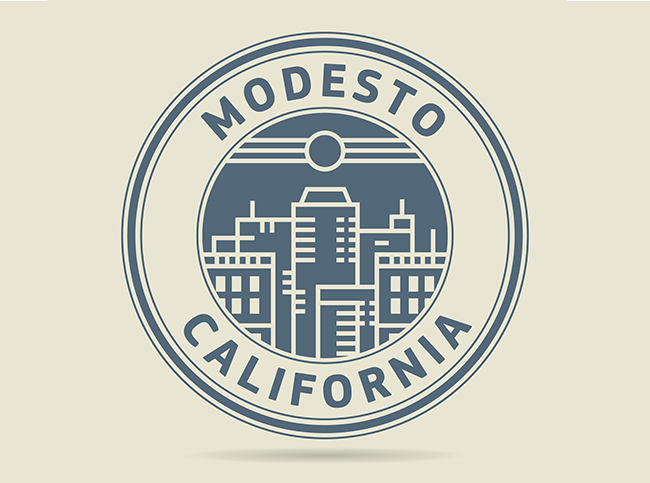The California Court of Appeals rang in the New Year for plaintiffs by handing owners, operators, transporters, and arrangers that work with hazardous materials an adverse decision on the issue of causation. In the City of Modesto v. The Dow Chemical Company (2018 WL 317043 (Cal. Ct. App., Jan. 8, 2018), the court focused on the standard of causation that a plaintiff must meet to support a finding of liability under the Polanco Redevelopment Act (Polanco Act).
The court lowered the standard from a direct but-for causation standard and held instead that a plaintiff need only provide circumstantial evidence that a defendant’s actions were a substantial factor in causing or permitting the discharge of waste.
The Polanco Act authorizes a California city or county agency to investigate and/or clean up hazardous materials on blighted property. If an agency undertakes the cleanup, it may recover any costs incurred from a responsible party.
Regarding the case, in 1998, the City of Modesto and various local agencies sued 28 retail dry cleaning businesses, as well as manufacturers and distributors of dry cleaning equipment and dry cleaning solvent. The plaintiffs alleged that the defendants had contaminated the City’s groundwater and sewer system with perchloroethylene (PCE), a solvent commonly used by dry cleaners.
The solvent manufacturer defendants subsequently moved for summary judgment under the Polanco Act. The trial court granted the motions on the grounds that the plaintiffs had not shown that the solvent manufacturer defendants “either directly participated in or exercised authority or control over on-site activities or disposal activities at Modesto dry cleaners.” City of Modesto v. The Dow Chemical Company, et. al., 2018 WL 317043 (Cal. Ct. App., Jan. 8, 2018) at *6.
After various appeals to the California Court of Appeal, the court concluded that liability under Polanco Act is not limited to just the class of defendants who directly participate in or have control over discharges, but also includes the class of defendants who assist in creating the pollution. Id. at *7.
The court rejected the solvent manufacturer defendants’ proposed but-for causation standard. In their failed proposal, the plaintiffs would have to provide direct evidence that the dry cleaners received a specific instruction from the solvent manufacturer defendants, acted on that instruction, and that act caused contamination at a specific site.
Instead, the court endorsed a substantial factor test to determine causation — that a defendant’s actions be a substantial factor in creating the contamination. Id. at *18. Under this test, liability can be shown by sufficient circumstantial evidence that the defendants’ conduct was a contributing factor to the pollution.
What does this mean? The latest holding in City of Modesto lowers the plaintiff’s burden of proof on causation under the Polanco Act while appearing to raise the summary judgment hurdle that defendants now will attempt to leap over.

